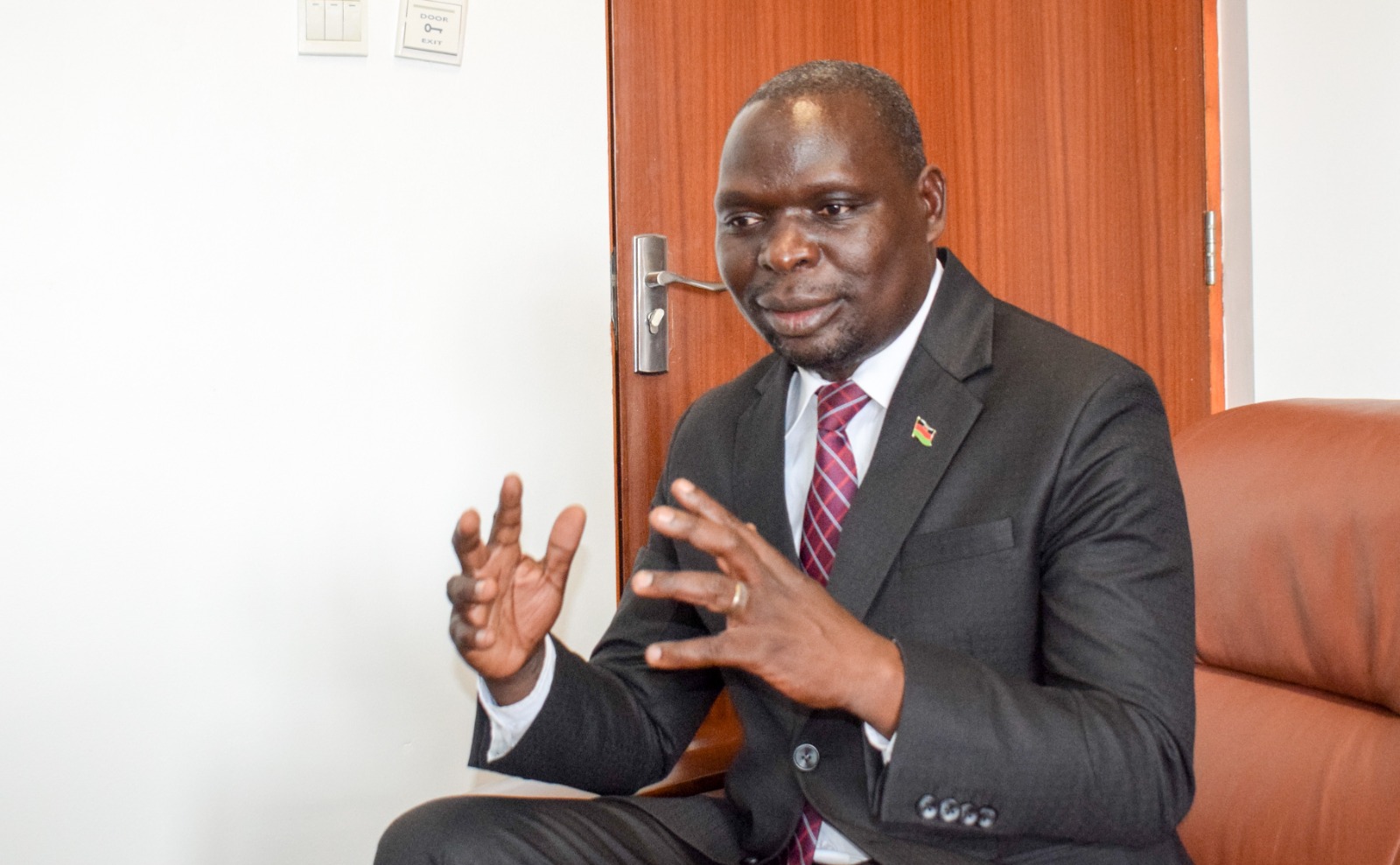How Chithyola Banda Watered Down Mwanamvekha’s ‘Taxing’ Mid-Year Budget
The barbs traded between the government and the opposition in Parliament on Monday, November 24, 2025 transported me back to childhood—those dusty afternoons after school when grudges were not settled with words but with bare-knuckles. if someone wronged or insulted you during class, the matter never ended in the classroom.

We waited for the knocking-off bell, when pupils would peel away in small, excited groups toward ‘ku mthetsamwano’—a discreet patch of bush far enough from home to escape the prying eyes of parents and adults.
At ‘kumthetsamwano’, fights followed an unwritten code every child knew. No one interfered. Anyone who tried to stop the fighters was scolded by the “referees.” Victory and defeat rested on simple rules: spill blood, you lose; cry, you lose; ukatsonya—that involuntary hissing sound—you lose; ukatukwana, utter an insult, and you lose on the spot. It was crude, but it was honest, and it was final.
It was that kind of spirited confrontation that played out in Parliament as the Opposition took apart the government’s mid-year budget. At the height of the exchange, Lands Minister Jappie Mhango was overheard muttering, “apa nde tingokumangani,” an irritated admission of how piercing the Opposition’s blows felt.
Before delivering his mid-year budget, Finance Minister Joseph Mwanamvekha claimed that State House and the Office of the Vice President under the previous administration had exhausted their annual allocations within six months.
With hindsight, it appears he may have been laying down a smoke screen—setting up a distraction before unveiling what many now see as a budgetary ambush on ordinary Malawians.
But even that tactical framing failed to blunt the Opposition’s response. In a statement read by Eisenhower Mkaka, Leader of the Opposition Simplex Chithyola Banda described the mid-year blueprint bluntly and unapologetically as “a budget of punishment and false promises.”
Austerity Without Growth?
At the centre of the storm is the decision to raise VAT from 16.5% to 17.5%. Government insists the increase is needed to stabilise revenue in a difficult fiscal environment. But for Malawians grappling with nearly 30 percent inflation and stagnating incomes, the VAT hike is a direct hit on the cost of living. The new 0.05% levy on bank and mobile money transactions adds yet another burden, particularly on poorer households that rely heavily on mobile platforms for everyday financial activities.
While government argues the sacrifices are necessary to contain a ballooning deficit, the revised budget simultaneously increases spending by over K500 billion—driven by interest payments, pensions, FISP and expanded social commitments. The contradiction is unmistakable: the state is demanding more from citizens while failing to tighten its own belt or stimulate growth.
Domestic borrowing, projected to approach K3 trillion, compounds the risk. High local borrowing pushes up interest rates, crowds out private investment and smothers business activity at a time when the economy urgently needs oxygen. Without stronger growth, the country risks sinking into a vicious cycle of rising taxes, rising debt and declining confidence.
Political Opening for the Opposition
The Opposition has sensed its moment. By framing the mid-year budget as punitive and disconnected from reality, it has tapped into widespread public frustration over food prices, fuel shortages, school costs and stagnant wages. Its accusation that government is scapegoating the previous administration resonates with citizens weary of blame games.
Chithyola Banda’s demands—scrapping the VAT increase, removing the mobile money levy and shifting towards a production-led strategy—are politically potent. They echo sentiments from another opposition force, UTM. In its ‘reflection on the budget’ UTM warned that while government inherited a broken system, its chosen remedies risk deepening rather than undoing the last five years of economic missteps.
“Malawi needed discipline, it received consumption. Malawi needed a production revolution, it received tax hikes. Malawi needed liquidity control, it received expansion. Malawi needed a credible foreign exchange plan, it received administrative controls,” the statement charged.
In a year of hardship, the battle for political capital will be won by whoever best captures the lived struggles of Malawians. For now, the Opposition’s message is piercing through—and the government faces a rising tide of skepticism that numbers alone may not be able to silence.
And at the centre of this moment stands Chithyola Banda. His voice—measured but unflinching—reminds Malawians that accountability still has champions, and that power, no matter how overbearing, must be confronted. In times like these, the country needs many more Chithyolas: leaders prepared to speak plainly, challenge excesses and return the Mwanamvekhas of our politics to their rightful place—under scrutiny, not above it.
Follow and Subscribe Nyasa TV :
